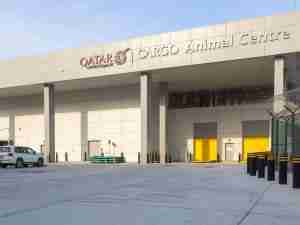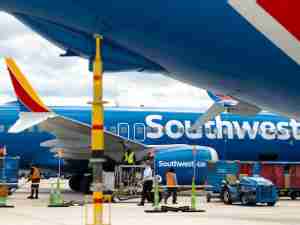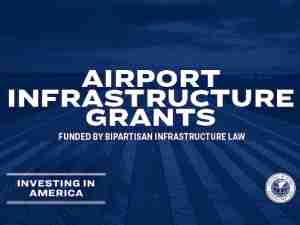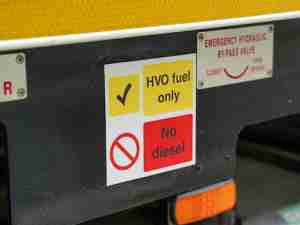Hong Kong will shorten its quarantine requirement for inbound travelers by a week, but extended a ban on people coming from eight countries as a record number of infections stresses the city’s infrastructure.
The shorter quarantine period will begin from Feb. 5, and will see travelers stay in a hotel for 14 days and then undertake seven days of self monitoring, Chief Executive Carrie Lam said at a briefing on Thursday. People will be able to go outside during that final week, but there are two days on which compulsory testing will be undertaken.
The ban on flights from locations including the U.S., U.K., Australia and the Philippines will continue at least until Feb. 18 due to “raging Covid” cases in those locations, Lam said. All in-person school classes will remain suspended until Feb. 21 and social distancing measures—which include a ban on dining-in at restaurants after 6 p.m. and the closure of gyms and bars—will be extended by two weeks until Feb. 17.
“We are of course facing a serious challenge, but I hope the public will have confidence in us that the actions we’re taking are effective,” Lam said.
The moves come as the city struggles to stem a worsening outbreak that’s filling hospital beds and has put thousands of people into quarantine or lockdown. Authorities are pressing on with Covid-Zero ambitions despite the infectious-but-mild profile of the omicron variant. Even after the shortening, Hong Kong’s travel quarantine remains one of the longest in the world as global peers like Singapore and London move toward co-existing with the virus.
The strict rules have angered the business community, who argue Hong Kong risks losing its status as a global financial hub. Its zero-tolerance approach to Covid-19 could keep the city cut off from most of the world until 2024 and fuel a large-scale exodus of international workers and executives, said a draft report by the European Chamber of Commerce.
Lam acknowledged that the shortening of travel quarantine to 14 days would “definitely not” satisfy the city’s business community, who want seven days of isolation or none at all, she said.
“Some countries in Europe are fully opening up their borders. But for Hong Kong that’s a very dangerous move,” she said. “We do not possess the prerequisites for living with the virus, Because the vaccination rate is not good especially amongst the elderly. I could not stand seeing a lot of old people dying in my hospitals.”
To boost its vaccination rate, which is one of the lowest in the world among developed economies, Hong Kong will widen a vaccine bubble that starts Feb. 24 to more premises, and will require shots for residents at elderly homes.
The government may relax its social distancing restrictions once the first-dose vaccination rate reaches 90%, Lam said, though she stopped short of formalizing this as a threshold. About 79% of the population has had their first shot.
The city’s growing outbreak centers on two separate clusters: one omicron and one delta. Hong Kong reported a record 164 Covid cases on Thursday, including 12 local cases of unknown origin, with health authorities warning of dozens of silent transmission chains in the community.











